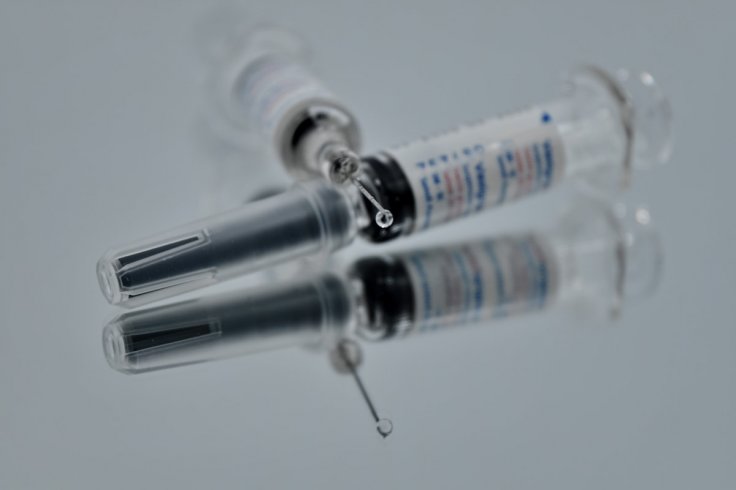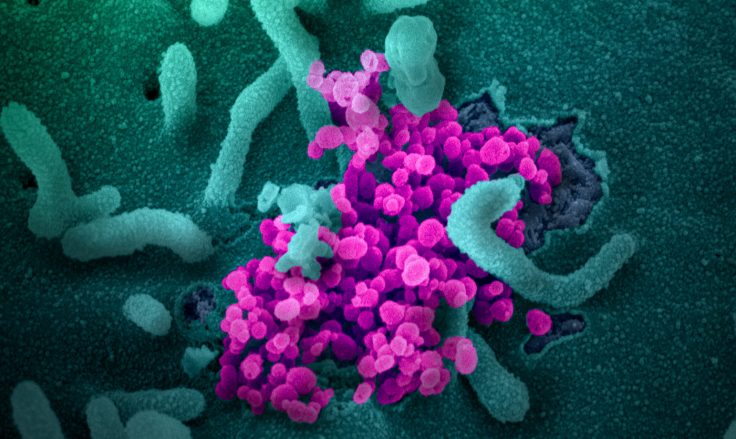San Diego's Sorrento Therapeutics has developed an antibody that has been highly effective in fighting coronavirus in lab experiments. The company said on Friday that the antibody it has developed could be a first step in creating a drug cocktail that fights COVID-19. The antibody is known as STI-1499, has performed well even when used in lower concentrations, which is almost 10 to 100 fold lower than antibodies being used in treating other diseases, according to the company.
The "antibody stood out for its ability to completely block SARS-CoV-2 infection of healthy cells in the experiments," the report said, while results would be submitted to a peer-reviewed journal shortly. Sorrento Therapeutics has been examining more than one billion antibodies for the treatment of COVID-19, among which STI-1499 is one.
Antibodies as substitute

Estimates say that it might take between one to two years to ready a coronavirus vaccine. In that duration, the company feels antibodies would prove to be an important stopgap. Antibodies are Y-shaped proteins produced by plasma cells, used by our immune system to neutralize pathogens by latching onto the surface of the virus, tight enough in the right spot to block the infection.
Henry Ji, who is the chairman and CEO of Sorrento, said that they were trying to achieve something that provides assurance to the public that would protect them immediately.
Virus to be flushed from body by 4 days
Fox News reported that Ji claimed that the company has almost developed a cure, saying, "We want to emphasize there is a cure. There is a solution that works 100 percent," he said adding that if one has neutralizing antibodies in them, there would be no need for social distancing. "You can open up a society without fear." The company claims that its antibody can "flush" the virus out of a person's system within four days.
Clinical trials by July

This study in the laboratory is yet to be confirmed in animal studies. The company is planning to test if the antibody prevents coronavirus infection in monkeys and ferrets as they are susceptible to SARS-CoV-2. Clinical trials of the antibody on severe COVID-19 patients might be done in mid-July if things go well, according to Ji.
The company thinks that the STI-1499 antibody may work as a stand-alone treatment and also as a component of a cocktail of drugs targeting three parts of the coronavirus. Sorrento hopes that it may prove be harder for the virus in developing resistance to three antibodies than one. Cancer and HIV drugs are often used in combinations for the same reason.









